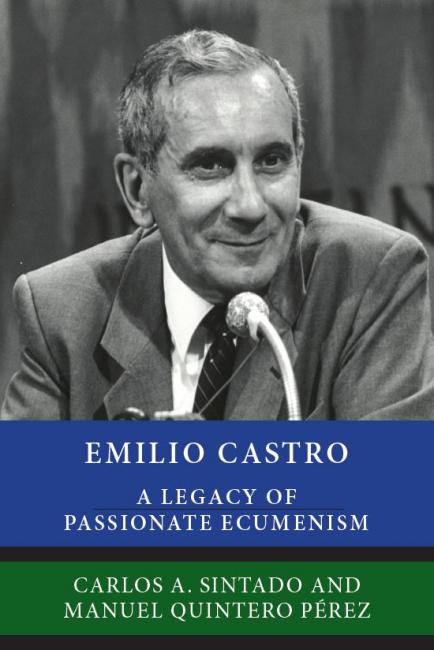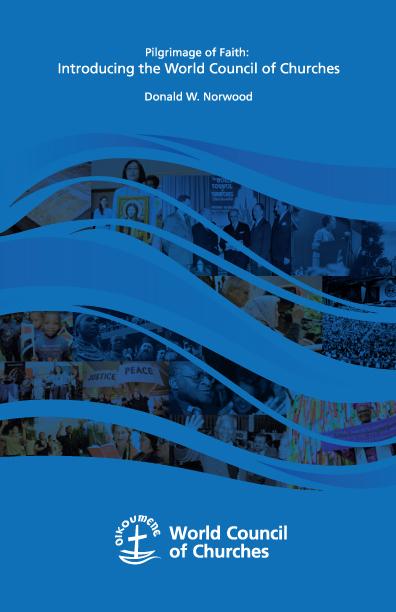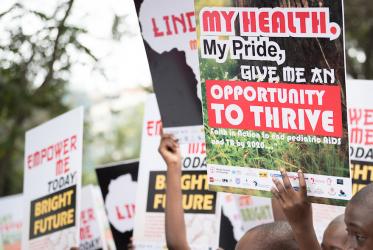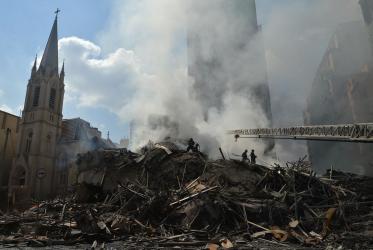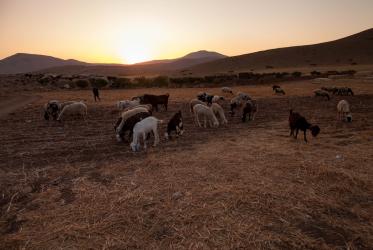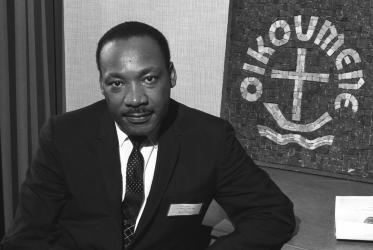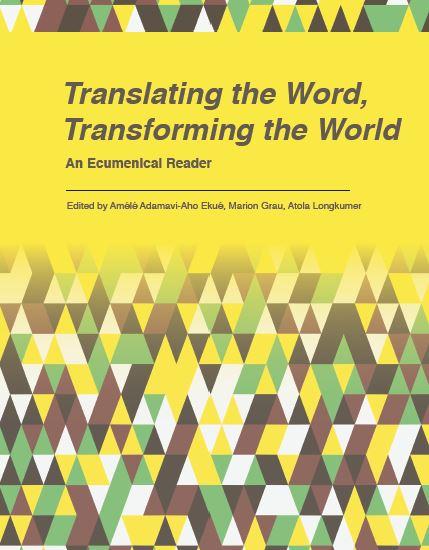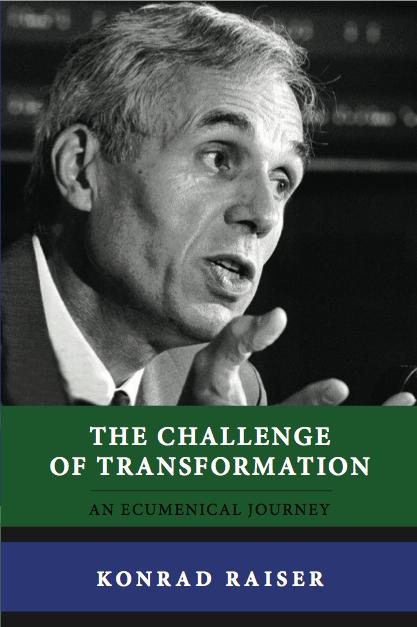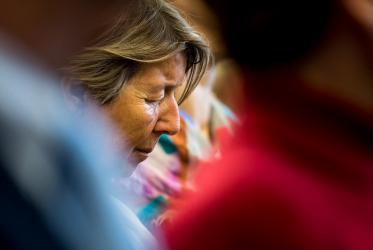Theological Reflections on the Ecumenical Pilgrimage of Justice and Peace
What does it mean to go on pilgrimage? And further: what does it mean for Christians around the world to understand their discipleship in terms of pilgrimage in God’s realm of justice and peace?
This engaging and inspiring volume, developed by the Theological Study Group of the World Council of Church’s Pilgrimage of Justice and Peace, takes stock of the spiritual, social, and theological meanings of this global ecumenical initiative and its relevance to different regional, confessional, and generational contexts. The thirteen contributions are enlivened by personal stories of the authors and perspectives of the traditions they represent, and the volume offers constructive ways in which Christians can renew their notion of what it means to be authentically church today.
28 May 2018
